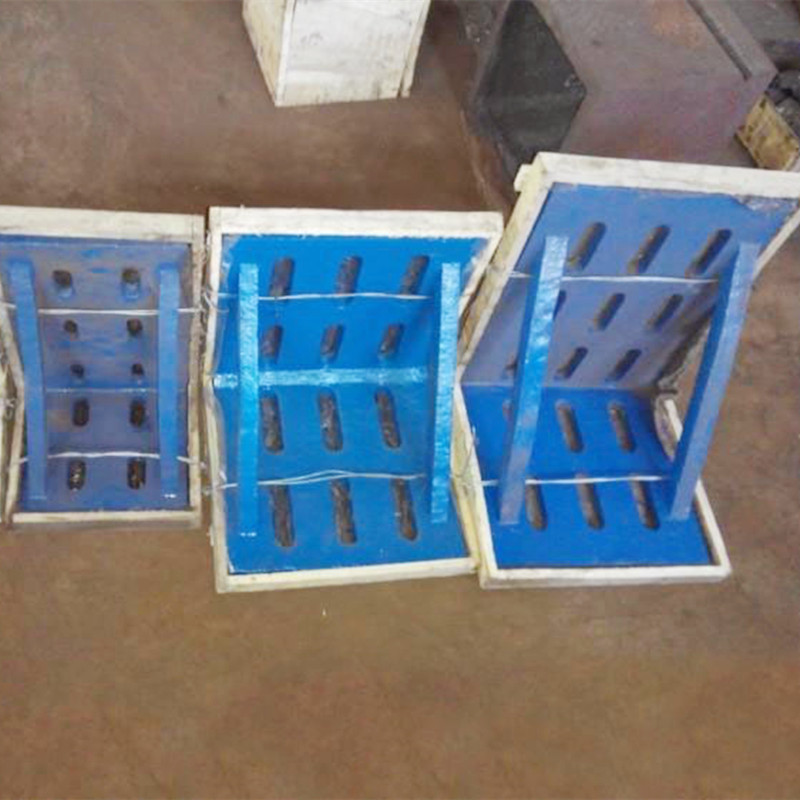ພ.ຈ. . 07, 2024 14:34 Back to list
Understanding the Functionality and Importance of Control Valves in Process Systems
Understanding Control Valves Their Importance and Functionality in Industrial Applications
Control valves play a crucial role in various industrial processes, regulating the flow of fluids and gases to ensure optimal performance and safety. These devices are essential components in systems that require precise control over the flow rate, pressure, and temperature of various media. This article explores the significance of control valves, their types, working principles, and applications.
What Are Control Valves?
Control valves are mechanical devices that manage the flow of fluids within a system. They adjust the flow rate based on signals from a control system, which uses feedback mechanisms to maintain the desired output parameters. Control valves can be found in numerous sectors, including oil and gas, water treatment, pharmaceuticals, food and beverage, and chemical manufacturing.
Types of Control Valves
There are several types of control valves, each designed for specific applications
1. Globe Valves These valves are ideal for throttling and flow regulation. They have a spherical body and provide excellent control over flow rates due to their design, which allows for a gradual closure of the flow path.
2. Ball Valves Known for their quick operation, ball valves use a spherical disc to control flow. They are highly durable and provide a tight seal when closed, making them suitable for on/off applications rather than precise flow control.
3. Butterfly Valves These valves are compact and lightweight, making them suitable for handling large volumes of fluid in a limited space. The flow control is achieved via a rotating disc.
4. Gate Valves Primarily used for isolation, gate valves are designed for fully open or fully closed positions. They are not ideal for throttling due to their design, which can lead to vibration and erosion when not operated fully.
5. Check Valves These valves ensure that fluid flows in one direction, preventing backflow. They are commonly used in applications where reverse flow could cause damage to equipment.
Working Principle of Control Valves
Control valves operate based on the principles of fluid dynamics. They include an actuator that receives inputs from a control system, which might be based on a PID (proportional-integral-derivative) control mechanism. The actuator adjusts the valve's position, modulating the flow rate accordingly.
The valve position is controlled by either pneumatic, hydraulic, or electric actuators
- Pneumatic Actuators These use compressed air to move the valve. They are widely used due to their reliability and speed. - Electric Actuators These convert electrical energy into mechanical movement, offering high precision and the ability to monitor and control from remote locations. - Hydraulic Actuators These are used for larger valves where high force is required to operate them, commonly seen in heavy industrial applications.
control valve

Importance of Control Valves
Control valves are essential for maintaining process control within various industries
. They help in achieving1. Flow Regulation By controlling the flow rate, control valves ensure that processes operate within the desired conditions, which enhances efficiency and reduces waste.
2. Safety Automatic control of flow and pressure helps prevent hazards. In case of emergency situations, control valves can quickly isolate sections of a process, minimizing risks.
3. Energy Efficiency By optimizing the flow rates, control valves contribute to energy savings, ensuring that systems do not consume more than necessary.
4. System Longevity Proper flow control reduces wear and tear on pumps and other components, leading to longer equipment life and reduced maintenance costs.
Applications of Control Valves
Control valves are employed in a wide range of applications, including
- Oil and Gas In extraction, refining, and transportation, control valves regulate the flow of crude oil and natural gas, ensuring safe and efficient operations.
- Water Treatment Control valves help manage the flow of water through treatment plants, ensuring effective filtration and chemical dosing.
- Chemical Processing In the manufacture of chemicals, control valves facilitate the precise mixing of ingredients and stabilization of reactions.
- HVAC Systems Control valves manage the distribution of heating and cooling fluids, contributing to energy-efficient climate control in buildings.
Conclusion
In summary, control valves are vital tools in industrial processes, ensuring efficient and safe operations across various sectors. Understanding their types, functionality, and applications is essential for engineers and technicians involved in process control and instrumentation. As industries continue to innovate, the role of control valves will remain paramount in achieving operational excellence and sustainability.
-
Why Metric Trapezoidal Thread is Ideal for Precision Motion ControlNewsAug.05,2025
-
The Unique Properties of a Block of Granite for Industrial UseNewsAug.05,2025
-
The Role of Flanged Y Strainers in Preventing Pipeline ClogsNewsAug.05,2025
-
The Importance of Regular Calibration for Master Ring GagesNewsAug.05,2025
-
How a Cast Iron Surface Table Enhances Accuracy in ManufacturingNewsAug.05,2025
-
Comparing Different Check Valve Types for Optimal Flow ControlNewsAug.05,2025
Related PRODUCTS









